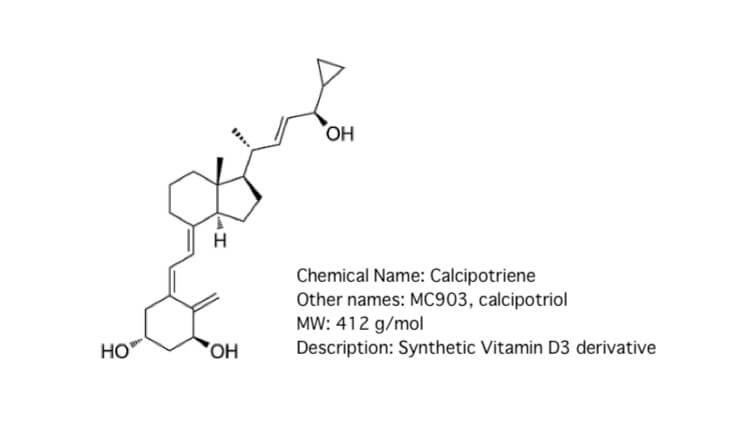Let’s unleash the hidden potential of the skin
Abrax develops innovative technologies that harness skin-derived factors to enhance human health. Research has shown that keratinocytes, upon stimulation with Vitamin D3, produce beneficial bioactive factors. At Abrax, we leverage this process using a topical formulation of the Vitamin D3 analog MC903 to stimulate these factors.
Co-founder Dr. Taku Kambayashi discovered that these skin-derived factors induce a highly selective and robust reduction of white adipose tissue (both visceral and subcutaneous fat) in normal and obese mice. This fat loss occurs through an increase in the secretion of sebum, an energy-rich substance produced by the skin—essentially “sweating out fat.” Given sebum’s high caloric content, Dr. Kambayashi demonstrated that its overproduction and secretion can drive adipose tissue loss, offering a potential breakthrough for treating obesity-related conditions, including type 2 diabetes and other metabolic disorders

A first-in-class topical therapy for weight loss management
Sebum is primarily composed of lipids and is secreted by sebaceus glands associated with hair follicles in the skin. It plays a crucial role in moisturizing the skin, enhancing barrier function, and promoting a healthier skin environment. Additionally, sebum is a high-calorie substance, making it a potential metabolic target.
In mouse studies, topical treatment with MC903 significantly increased sebum secretion, leading to systemic and selective adipose tissue loss and lowering of serum triglycerides. Given the success of GLP-1 agonists (e.g., semaglutide) as a mainstay in weight loss management, Abrax’s lead preclinical program aims to evaluate how topical MC903 compares to currently marketed GLP-1 agonists and whether MC903 enhances their effects when used in combination.
Abrax’s lead clinical development program will establish proof-of-concept in humans, demonstrating that topical MC903 increases sebum secretion, leading to adipose tissue loss and reduced serum triglycerides. As MC903 is an FDA-approved drug for psoriasis, it has a well-established safety profile, making it a promising candidate for reformulation. To advance this innovation, Abrax has developed a novel topical lotion formulation of MC903, known as F275, for human use.
Expanding the horizon
As MC903-induced skin-derived factors have broad therapeutic potential, Abrax has a clear strategy to expand its product applications to multiple indications.
One key area of interest is skin barrier enhancement. The sebum secretion stimulated by topical MC903 can strengthen the skin’s protective function, making it a promising treatment for conditions like eczema, aging skin, and alopecia.
Additionally, the inner eyelids produce meibum, a lipid-rich substance similar to sebum that maintains tear film integrity and prevents tear evaporation. By increasing sebum secretion, MC903 may improve meibum production, offering a novel approach to treating dry eye disease.
Given its potential to restore skin and mucosal barriers, Abrax’s future pipeline will target diseases associated with barrier dysfunction, expanding its impact beyond metabolic disorders.


